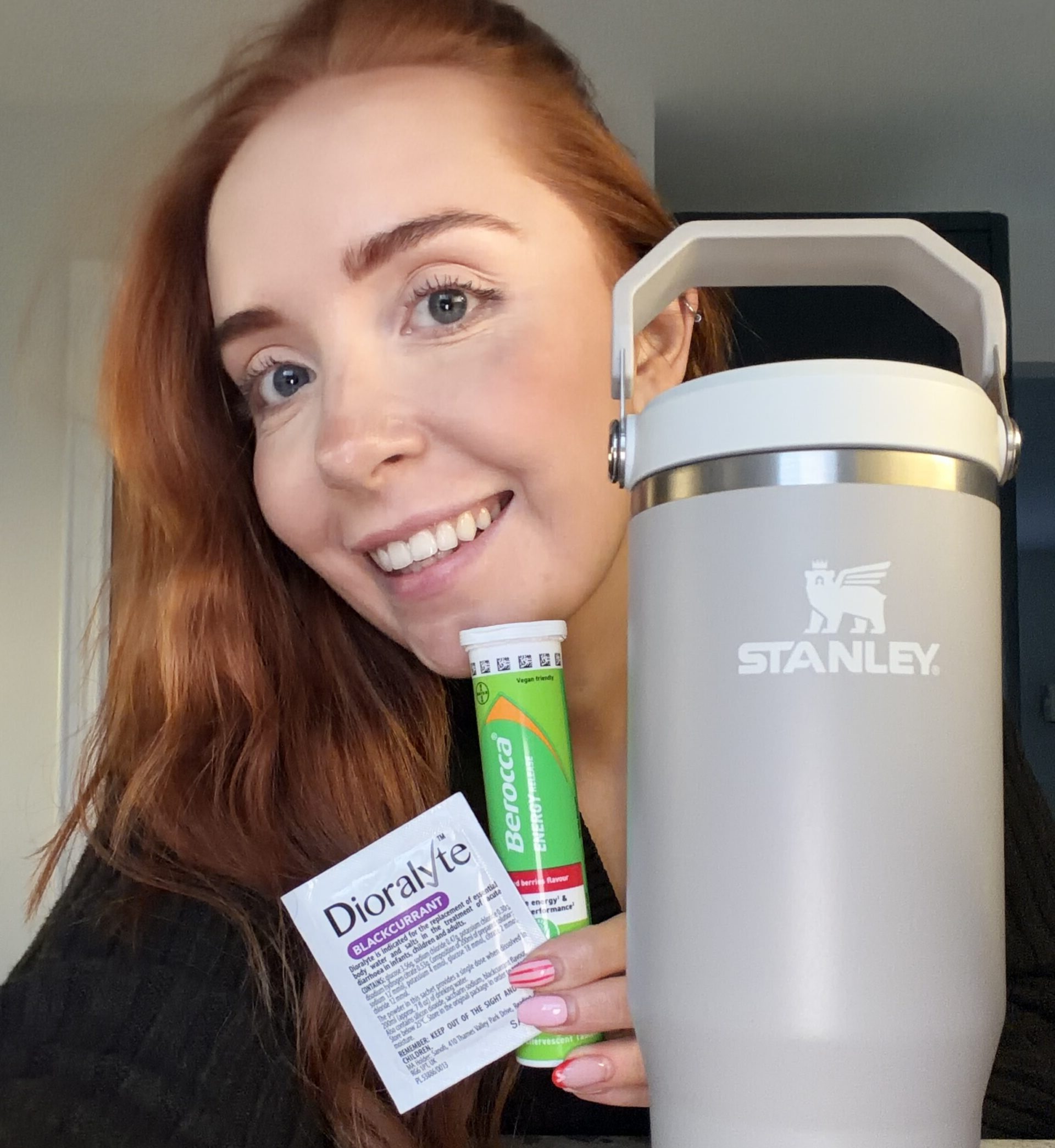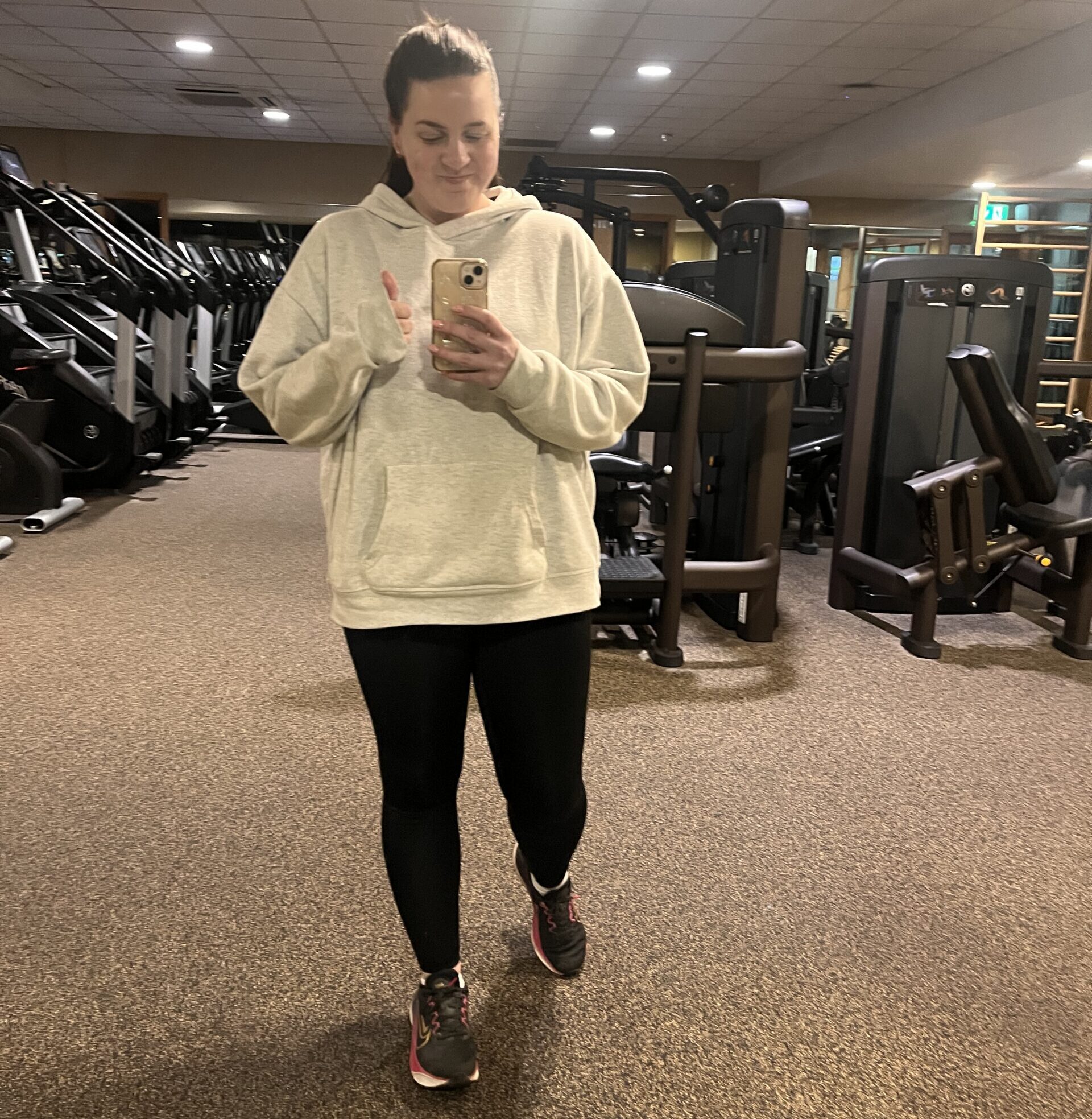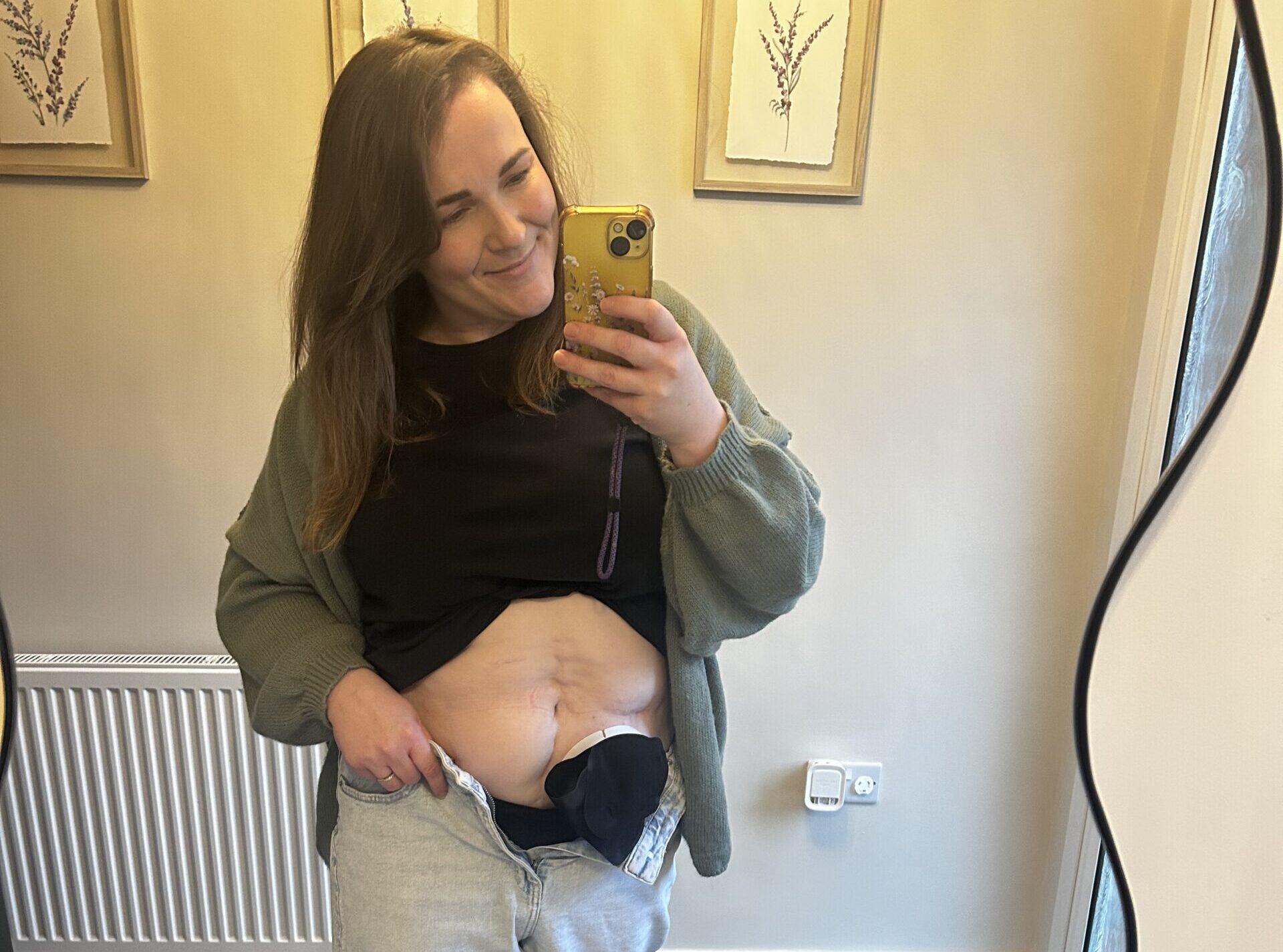
Managing work life with a stoma | by Kevin
When I first had my stoma surgery, one of my biggest worries wasn’t just about recovery, it was about my future. Would I still be able to do my job? Could I attend long meetings? What about business travel or the daily commute? These questions loomed large, and I know I’m not alone in that, I’m very proud of what I have achieved pre-surgery and post-surgery.
If you’re navigating the same path, I want you to know it’s not just possible to thrive professionally with a stoma, your resilience like me might just be your greatest strength.
What it’s really like working with a stoma
Life with a stoma requires adjustments, but with planning, open conversations, and confidence, it’s entirely manageable. Here’s how I handle some of the most common workplace challenges:
Attending long meetings
Meetings used to be a huge source of anxiety. The thought of being stuck in a room for hours, not knowing if or when I’d need to leave, was overwhelming at first. But here’s the truth, when you’re honest and set clear boundaries, people do understand.
Here’s what helps me:
- I plan ahead. If I know a meeting is over an hour, I make sure to use the bathroom beforehand and keep a bottle of water handy.
- I sit near the door. It sounds simple, but it’s a small thing that makes a big difference. If I need to step out, I can do so quietly and quickly.
- I brief my team or meeting host. I’ve spoken with close colleagues and my manager about my condition. That openness has created trust and means I never feel judged if I need to take a break.
- I bring supplies everywhere. A discreet pouch in my work bag holds everything I need, just in case. That peace of mind allows me to stay focused.
Remember, meetings aren’t marathons. It’s okay to excuse yourself. It’s okay to take care of yourself first.
When it comes to packing for my stoma, running out of supplies mid-trip is not an option. I always pack like I’m going away for longer than I am, my wife always comments on how much stuff I take. One piece of advice is to call the airline and explain your situation, the airline asks a few questions and free of charge have this added to my ticket as a medical bag where I can have an additional bag with all my stoma supplies. This helps as a I can carry some supplies with me and also some in my case. (The airline has asked for evidence of my condition and a simple letter from your stoma nurse or doctor worked for me).
Travelling to work
Commuting and business travel present unique challenges, but they are not roadblocks they just take a little more preparation.
Daily commute tips:
- I choose transport options that allow a little flexibility. Whether that’s sitting near toilets on a train or driving so I can stop when needed, it’s about control.
- I allow extra time. If I need to pause, I won’t be late or flustered.
- I carry a mini essentials kit: wipes, spare supplies, deodoriser and a fresh set of clothes. It stays in my work bag at all times in case of an accident.
Business travel:
Travelling for work used to fill me with dread. But once I got my system down, it became second nature.
Here’s what I do:
- Research facilities in advance. I try to map out where accessible toilets are in hotels, airports, offices even nearby cafes, just in case. I just find it takes away the stress and worry if I need to go.
- Double or triple-pack supplies. I carry what I need for the trip plus an emergency set. One in my hand luggage, one in my suitcase, one in a backup pouch.
- Wear comfortable clothes. Especially when flying or travelling long distances, comfort is key. I go for low-waisted trousers just because my stoma bag sits quite high or loose-fitting outfits that don’t put pressure on my bag, I also wear my bag sideways – that just allows me to not have my waistband cut off half of my bag.
- Communicate. If I’m travelling with colleagues, I’ll let at least one person know I may need breaks or time to freshen up. Again, no one has ever minded because I’m upfront and professional about it.
Travel doesn’t have to stop you from excelling in your role. In fact, showing up prepared, adaptable and calm under pressure has made me more respected in my role.
Day-to-day confidence
There’s no one size fits all when it comes to working with a stoma, but building your own rhythm is crucial. These are my everyday must-dos:
- Pack a just in case – bag, spare clothes, supplies, wipes, disposal bags. It lives in my locker or desk drawer.
- Plan breaks into your day. If I have a packed schedule, I’ll block out a 10-minute slot to regroup and reset.
- Stay hydrated and eat with awareness. Certain foods and drinks affect my output more than others, so I plan my meals with care, especially before meetings or travel.
- Stay honest with myself. If I’m tired or not feeling right, I take it seriously. Pushing through doesn’t work in the long run.
Top tips for stoma confidence at work:
- Speak up early. Don’t wait until you’re struggling. A short conversation with your manager can open doors for the support you need.
- Build a support plan, know who you can go to in an emergency, where you can take a break and what you need to carry every day.
- Own your narrative. It’s part of your life, but it’s not all of who you are. Let your professionalism and resilience lead the way.
- Stay connected. Whether it’s colleagues, support groups, or stoma nurses; never feel like you have to go it alone.
- Remember why you’re there – you earned your place. Your experience doesn’t make you weaker, it makes you stronger.
Living and working with a stoma isn’t always easy, but it has never stopped me from doing my job and doing it well. In fact, it’s taught me more about planning, patience,and perseverance than I ever imagined. If you’re in the same boat, know this, you can have a full, thriving career. You can travel, lead meetings, and reach your goals.
The secret? Speak up. Ask for support. Carry your resilience proudly and never, ever let your stoma hold you back from what you want to achieve.
Want to join our ambassador community?
If you’re passionate about making a difference and sharing your story, we’d love to hear from you!
Looking for more advice and real-life experiences?

Keep the conversation going on our podcast, Beyond the Pouch! Hear real stories and honest chats all about life with a stoma.







